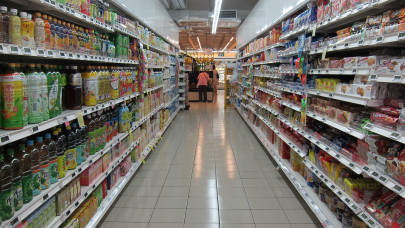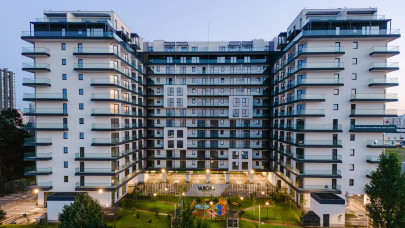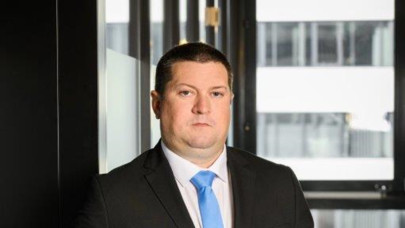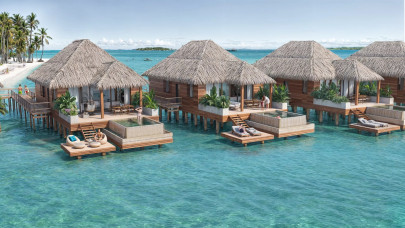Following a two-year period of continuous expansion, the global luxury retail market witnessed an expected decelaration in 2023, with less openings in Europe and China. However, markets like North America and the wider Asia Pacific area beyond China recorded an almost 20% increase in luxury store openings. The expansion seemed to favor holiday resorts and shift away from Alpha Cities, although both markets faced challenges related to availability of the most suitable spaces.
In 2023, fashion and accessory brands dominated new store openings globally, accounting for 63% of the total. While overall new store activity slowed across most categories, jewelry brands bucked the trend with a 30% increase in new openings, albeit starting from a low base.
In terms of the potential development of the luxury market, the most promising markets remain the biggest and most affluent cities of New York, Los Angeles, London, Paris, Seoul and Tokyo. But there are a number of new locations that stand out in regards their future relative size, affluence and current luxury provision. These include several cities in China and the Middle East, where rising wealth, untapped potential, and a flourishing tourism industry are creating a significant opportunity for the luxury retail market.
Unlike mass-market and even premium brands, who usually lease their space, luxury groups have become important players in the real estate investment market, with a select number of luxury brands making property acquisitions of over €6 billion in 2023, a trend that is set to continue throughout 2024. This is also a side-effect of the rising rents of luxury retail space, which vary in Europe from €125/sqm/month in Lisbon to €1,250/sqm/month in Milan but exceed €1,500/sqm/month in Asian markets like Hong Kong. In Bucharest, the small share of high street retail spaces on Calea Victoriei are being leased at an average of €55/sqm/month.
In Romania, the luxury retail market is shyly establishing itself. The success of this segment is closely tied to the overall luxury real estate market, with the presence of branded residential or hotel projects significantly boosting the likelihood of luxury retail brands entering the market. By 2028, Romania is set to welcome 13 new five-star hotels, including prestigious brands such as Mondrian, Hyatt, and Kempinski. In the residential sector, Bucharest has not yet welcomed any branded projects, but there have been announcements of collaborations with high-end brands for interior finishes and furnishings on some projects.
Specifically in retail, Hermès group recently announced the intention of opening their first store in Bucharest and Tesla plans to open a dedicated showroom soon. These developments, coupled with the country's projected healthy economic growth, create a promising environment for the expansion of luxury retail brands in Romania.
“The increasing interest of luxury brands in Romania is putting the country on the global map for high-end retail. Traditionally, ‘luxury' is not a word that comes to one's mind when thinking about Romania, but the new-found attention from prominent international players in this segment serves as a strong vote of confidence in its potential,” says Codrin Matei, Principal Partner at Crosspoint Real Estate, Savills' associate in Romania.










